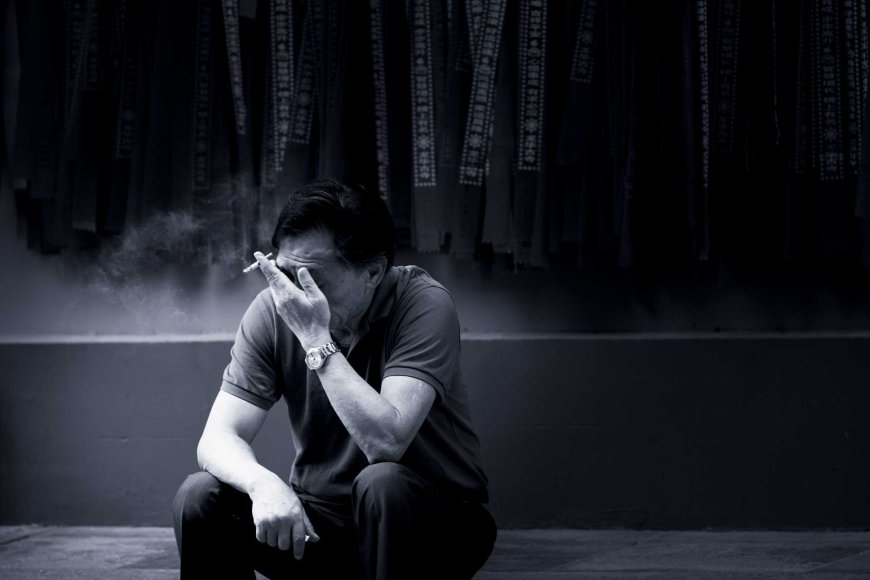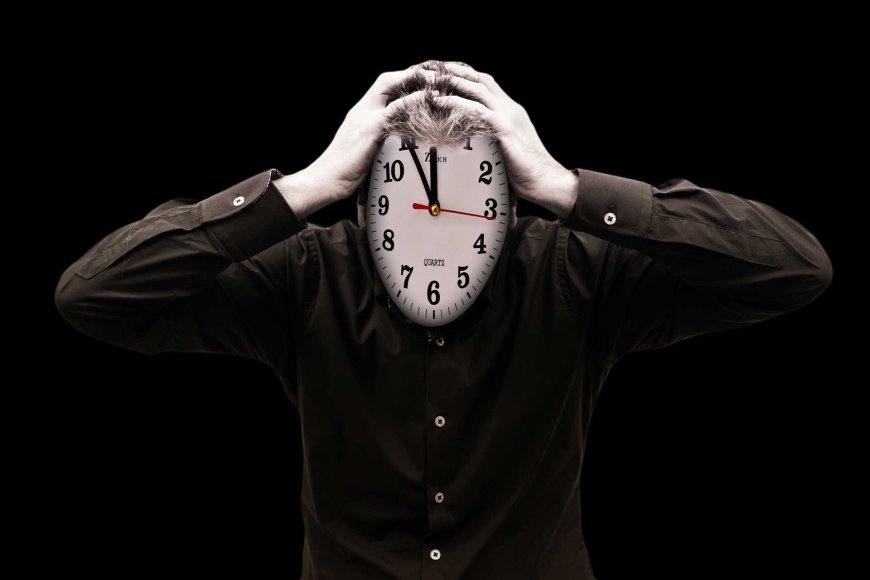Karoshi: The Deadly Toll of Overwork
In today's fast-paced world, the phenomenon of "karoshi," or death from overwork, highlights the lethal consequences of extreme work culture. This alarming trend demands urgent attention to safeguard the well-being of employees worldwide.

Consequences of Excessive Work Culture
"Karoshi," a Japanese term translating to "death from overwork," is a grim phenomenon that underscores the severe consequences of excessive work culture. This term has become globally recognized, reflecting a significant issue not only in Japan but also in various parts of the world where overwork leads to serious health implications and even death.

The Origins of Karoshi
The term "karoshi" emerged in Japan in the late 20th century, during the country's post-World War II economic boom. The intense pressure to contribute to national recovery and economic growth led to a culture of extreme work dedication. By the 1970s and 1980s, reports of sudden deaths among seemingly healthy middle-aged men began to surface. These deaths were attributed to heart attacks, strokes, and other stress-related conditions, leading to the recognition of karoshi as a societal issue.

Causes of Karoshi
Long Working Hours
One of the primary causes of karoshi is the excessively long working hours prevalent in many industries. Employees often work far beyond the standard eight-hour workday, with overtime being both expected and normalized. In some cases, workers may clock in more than 60 hours per week without adequate rest.
High Job Stress
High job stress is another significant factor contributing to karoshi. The pressure to meet deadlines, achieve targets, and maintain job security in competitive environments can lead to chronic stress. This stress manifests physically and mentally, deteriorating overall health over time.
Lack of Work-Life Balance
The lack of a proper work-life balance exacerbates the problem. Many workers, especially in corporate settings, find it challenging to disconnect from their work. The advent of technology has blurred the lines between work and personal life, making it harder for individuals to take necessary breaks and recuperate.

Health Implications
Physical Health
The physical health implications of karoshi are severe. Prolonged stress and overwork can lead to cardiovascular diseases, hypertension, and other life-threatening conditions. The body’s constant exposure to high stress levels triggers a range of adverse reactions, ultimately leading to fatal outcomes.
Mental Health
Mental health is also significantly affected by overwork. Depression, anxiety, and burnout are common among those experiencing extreme work pressures. The stigma around mental health issues often prevents individuals from seeking help, further aggravating the situation.

Societal Impact
Family and Social Relationships
Karoshi not only affects the individual but also has profound effects on families and social relationships. The loss of a family member due to overwork can lead to emotional trauma and financial instability for dependents. Moreover, the intense work culture leaves little time for social interactions, weakening community bonds.
Economic Consequences
From an economic perspective, karoshi can lead to decreased productivity in the long run. While overwork might boost short-term output, the resulting health issues and fatalities lead to a loss of skilled labor, increased healthcare costs, and lower overall workforce morale.

Global Perspective
While karoshi is most commonly associated with Japan, the phenomenon is not limited to one country. Reports of work-related stress and overwork leading to severe health outcomes have surfaced globally, from South Korea and China to the United States and Europe. The global recognition of karoshi highlights the need for international discourse on work culture and employee well-being.

Preventive Measures
Legislative Action
Governments can play a crucial role in preventing karoshi through legislative action. Implementing and enforcing regulations on maximum working hours, mandatory rest periods, and ensuring fair compensation for overtime can help mitigate the risk of overwork.
Corporate Responsibility
Corporations also have a responsibility to foster a healthy work environment. Policies promoting work-life balance, mental health support, and flexible working arrangements can significantly reduce the pressures leading to karoshi. Regular monitoring and addressing employee workloads are essential steps.
Individual Awareness
Individuals must also be aware of their limits and prioritize their health. Recognizing the signs of burnout and seeking help when needed are crucial. Encouraging open conversations about mental health and stress within workplaces can create a supportive environment for employees.

Building a Balanced and Sustainable Work Culture
Karoshi serves as a stark reminder of the dangers of an unchecked work culture. Addressing this phenomenon requires a multi-faceted approach involving legislative measures, corporate responsibility, and individual awareness. By fostering a healthier work environment, societies can protect their workforce from the fatal consequences of overwork, ensuring a balanced and sustainable future.
Find Cheap Flight Tickets to any Destinations in Japan and the Philippines
Nipino.com is committed to providing you with accurate and genuine content. Let us know your opinion by clicking HERE.






























































